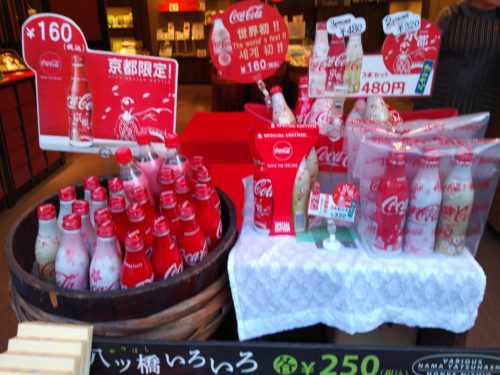Food politics issue of the week: corn syrup in beer?
I am not a football fan and missed the Super Bowl but I gather it was a hotbed of food politics due to Bud Light’s Game of Thrones’ commercial accusing competitors of using—horrors—corn syrup in the brewing process.
To be clear, Bud Light is not brewed with corn syrup, and Miller Lite and Coors Light are. pic.twitter.com/x6tWqdSRXN
— Bud Light (@budlight) February 3, 2019
As Ed Mazza put it (Huffington Post), this has to be the weirdest twitter storm ever. Corn growers and the Corn Refiners Association versus Bud Light?
Weird, indeed. Who could possibly care?
Bud Light’s marketing people, I guess.
They love the fuss, and put a full page ad in the New York Times to celebrate.

It says “In the Bud Light Kingdom we love corn too! Corn on the cob, corn bread, popcorn—( just don’t brew with the syrup (what you also call ‘dextrose’)…But, even though corn syrup is less expensive, we brew with rice, along with the finest hops, barley, and water, because I’m the King and it’s not my job to save money.”
Oh please.
To make beer, you need yeast. To get yeast to grow, you have to feed them some kind of sugar. This could be corn syrup (corn glucose is called dextrose), some other glucose-containing sugar like high fructose corn syrup (HFCS) or sucrose, rice (yeast converts its starch to glucose, or barley treated to convert its starch to maltose (two glucose molecules bonded together) and then to glucose. Regardless of the source of glucose, yeast metabolizes it to alcohol and characteristic flavor components.
I imagine that adding a bit of corn syrup speeds up the process, but so what? Bud Light wants you to think that using rice instead of corn syrup makes it better than other beers.
I’m not much of a beer drinker, so I leave that one up to you.
This is about playing on public distrust of high fructose corn syrup (HFCS) which isn’t even at issue here.
The real problem with corn syrup. The Corn Refiners Association, which pushes it and HFCS.
We would all be better off eating less sugar(s) of any kind, no matter where they come from.
The documents (thanks largely to The Hagstrom Report)
- New Food Economy
- National Corn Growers Association’s tweet
- Forbes – “Corn syrup: How Bud Light made it a Super Bowl battle”
- Fortune – “’Disappointed in You’: Corn Farmers Were Not Amused With Bud Light’s Super Bowl Commercial”
- People – “Miller Lite claps back at Bud Light’s ‘unfortunate’ corn syrup Super Bowl ad”
- CNBC – “Beware of corn syrup? Bud Light Super Bowl ad shames Miller Lite, Coors Light for using it, but dietitians say it’s not that bad”






